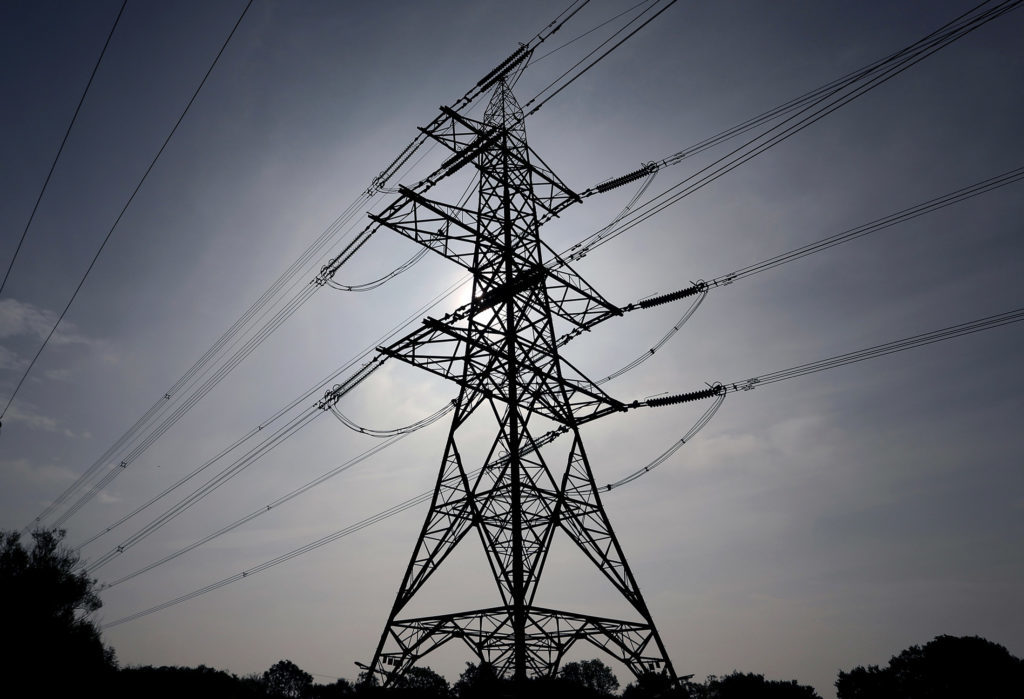
Europe is facing power generation capacity shortages and may even risk blackouts without additional use of natural gas, one of the continent’s biggest producers of the fuel said.
“A severe shortage” in generation capacity is expected in the U.K., Germany, and Belgium, Tor Martin Anfinnsen, senior vice president for marketing and trading at Statoil ASA, said in an interview at a conference in Amsterdam on Tuesday. Those countries are phasing out or cutting coal-generation fleet and Germany and Belgium are also turning away from nuclear power.
“If you have a dangerous bend in the road and everyone knows there is a dangerous bend but nothing is done with it unless there is an accident in the road,” Anfinnsen said. “Is that what we will see in Europe in power generation as well? Will we have to see blackouts before you see a change in policies? That remains to be seen but we are getting dangerously close in many markets.”
Reduced capacity reserve means higher use of gas to produce electricity, also supported by higher carbon prices that discourage dirtier-burning fuels.
“It is very difficult to see that there is any other way of fixing that up to 2030 by other means than increasing gas-fired power generation,” Anfinnsen said. “Not only through higher utilization of existing capacity but also adding new gas-based generation.”
RWE AG, a German utility, sees gas “suddenly competitive again” because EU carbon allowances rose above 14 euros a ton and coal prices are at about $80 a ton, Andree Stracke, chief commercial officer at RWE’s supply and trading unit, said at the conference.
Demand for gas was so high during the cold snaps of late winter and on March 1, that it was nearing the limit of supply. If it hadn’t been for high wind generation at the same time that helped meet demand, the situation would have been much different, Stracke said.
Phaseout of nuclear power generation and reduction in coal generation will also help “push gas into business,” he said.
Recommended for you
